Navigating Ghana’s Urban Landscape: A Comprehensive Guide to its Cities
Related Articles: Navigating Ghana’s Urban Landscape: A Comprehensive Guide to its Cities
Introduction
In this auspicious occasion, we are delighted to delve into the intriguing topic related to Navigating Ghana’s Urban Landscape: A Comprehensive Guide to its Cities. Let’s weave interesting information and offer fresh perspectives to the readers.
Table of Content
Navigating Ghana’s Urban Landscape: A Comprehensive Guide to its Cities
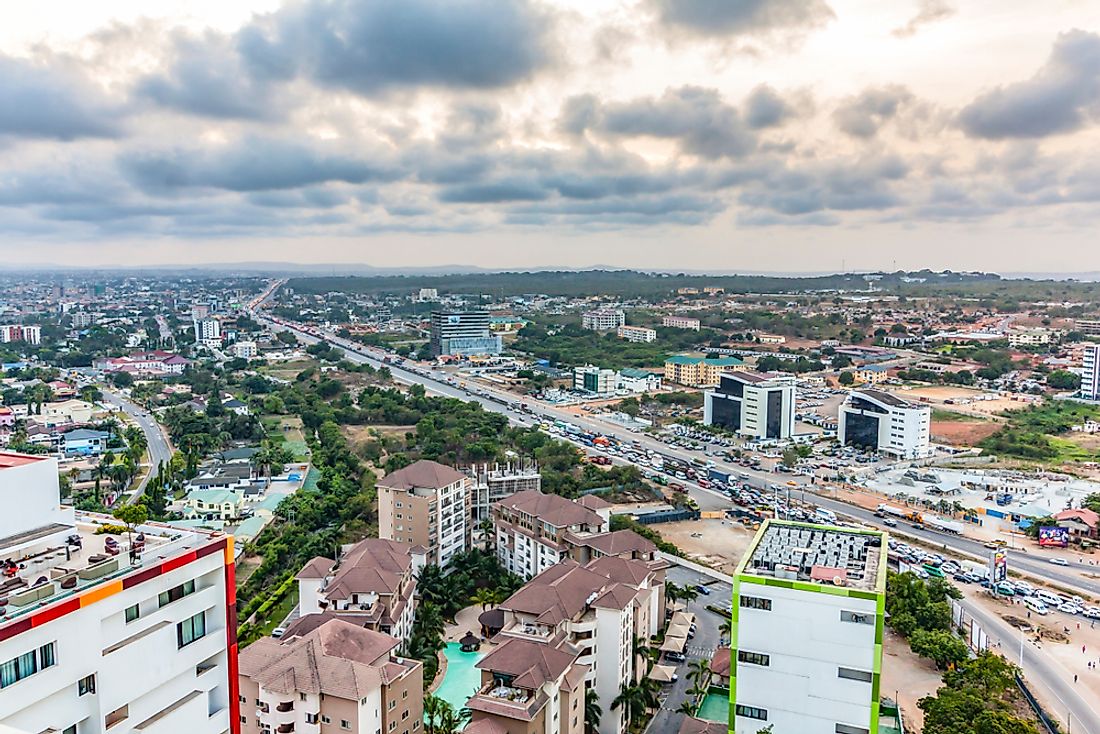
Ghana, a vibrant nation in West Africa, boasts a diverse urban landscape, ranging from bustling metropolises to charming coastal towns. Understanding the geographical distribution and characteristics of these cities is crucial for navigating the country’s rich cultural tapestry, economic dynamism, and natural beauty. This article provides a detailed exploration of Ghana’s cities, offering insights into their history, culture, economy, and key attractions.
The Urban Tapestry of Ghana: A Geographic Overview
Ghana’s urban landscape is characterized by a hierarchical structure, with Accra, the capital city, serving as the primary economic and administrative hub. However, the country’s urban network extends beyond Accra, encompassing a spectrum of cities, towns, and settlements, each with its unique character and contribution to the national fabric.
Major Cities: Pillars of Ghana’s Urban Landscape
-
Accra: The capital city and largest urban center, Accra is a vibrant metropolis teeming with activity. It serves as the country’s political, economic, and cultural heart, attracting a diverse population from across Ghana and beyond.
- Key Attractions: National Museum, Kwame Nkrumah Mausoleum, Independence Square, Makola Market, Accra Arts Center, and the vibrant nightlife of Osu.
- Economic Significance: Accra is the center of Ghana’s financial services, trade, and commerce, hosting major banks, corporations, and businesses.
- Cultural Hub: Accra is renowned for its vibrant arts and culture scene, showcasing traditional Ghanaian music, dance, and crafts.
-
Kumasi: Situated in the Ashanti Region, Kumasi is Ghana’s second-largest city and the cultural heart of the Ashanti people. Known for its rich history and traditional craftsmanship, Kumasi offers a unique glimpse into Ghana’s cultural heritage.
- Key Attractions: Ashanti Cultural Center, Kumasi Central Market, Kejetia Market, the sprawling Botanical Gardens, and the magnificent Ashanti King’s Palace.
- Economic Significance: Kumasi is a major center for cocoa production and trading, as well as crafts and textiles.
- Cultural Heritage: The city is renowned for its intricate gold ornaments, Kente cloth weaving, and traditional music and dance performances.
-
Takoradi: Located in the Western Region, Takoradi is a major port city and industrial hub, playing a significant role in Ghana’s oil and gas industry. It’s also a popular tourist destination, known for its beaches and the nearby Kakum National Park.
- Key Attractions: Takoradi Beach, Wli Waterfalls, Kakum National Park, and the vibrant nightlife of the city center.
- Economic Significance: Takoradi is a major center for oil and gas exploration, refining, and export, contributing significantly to Ghana’s economy.
- Cultural Significance: Takoradi is known for its energetic music scene, particularly highlife and hiplife, and its lively street food culture.
-
Tema: Situated near Accra, Tema is a major industrial port city and one of Ghana’s most important commercial centers. It is also a popular tourist destination, known for its beautiful beaches and the nearby Boti Falls.
- Key Attractions: Tema Harbour, Tema Beach, Boti Falls, and the numerous restaurants and entertainment venues in the city center.
- Economic Significance: Tema is a major hub for import and export, playing a vital role in Ghana’s international trade.
- Cultural Significance: Tema is known for its diverse population and its vibrant street food culture, reflecting the fusion of Ghanaian and international flavors.
Beyond the Major Cities: Exploring Ghana’s Urban Diversity
-
Cape Coast: A UNESCO World Heritage Site, Cape Coast is a historic coastal city renowned for its role in the transatlantic slave trade. It offers a poignant and important glimpse into Ghana’s past.
- Key Attractions: Cape Coast Castle, Elmina Castle, Kakum National Park, and the beautiful beaches of the coastal region.
- Historical Significance: Cape Coast serves as a powerful reminder of the transatlantic slave trade and its impact on the African continent.
- Cultural Significance: Cape Coast is known for its rich cultural heritage, including traditional music, dance, and storytelling.
-
Sunyani: Located in the Brong Ahafo Region, Sunyani is a major agricultural center and a gateway to the beautiful Tano-Kwahu Forest Reserve. It is also known for its vibrant market and its traditional crafts.
- Key Attractions: Tano-Kwahu Forest Reserve, Sunyani Market, the Sunyani Cultural Center, and the scenic landscapes surrounding the city.
- Economic Significance: Sunyani is a major center for cocoa, coffee, and timber production, contributing to Ghana’s agricultural economy.
- Cultural Significance: Sunyani is known for its traditional music and dance, particularly the "Brong" style, and its vibrant market culture.
-
Ho: The capital city of the Volta Region, Ho is a bustling commercial center and a gateway to the scenic Volta Lake. It is also known for its traditional crafts and its vibrant market.
- Key Attractions: Volta Lake, the Hohoe Mountain, the Wli Waterfalls, and the vibrant market in the city center.
- Economic Significance: Ho is a major center for agriculture, trade, and tourism, contributing to the Volta Region’s economy.
- Cultural Significance: Ho is known for its traditional music and dance, particularly the "Ewe" style, and its vibrant market culture.
Exploring the Urban Landscape: Understanding the Importance of Cities in Ghana
Ghana’s cities are not merely geographical entities; they are the heartbeats of the nation, contributing significantly to its economic development, cultural expression, and social progress.
- Economic Engine: Cities serve as centers of commerce, industry, and innovation, driving economic growth and creating employment opportunities.
- Cultural Hubs: Cities are melting pots of diverse cultures, fostering creativity, artistic expression, and social interaction.
- Educational Centers: Cities are home to universities, colleges, and other educational institutions, contributing to human capital development.
- Infrastructure Hubs: Cities are the focal points of transportation, communication, and other essential infrastructure, facilitating connectivity and development.
FAQs about Cities in Ghana
Q: What are the major languages spoken in Ghanaian cities?
A: The official language of Ghana is English, but numerous indigenous languages are spoken across the country. In Accra, Twi is widely spoken, while Ga is prevalent in the Greater Accra region. In Kumasi, Twi is the dominant language. Other prominent languages include Ewe, Dagbani, and Akan.
Q: What are the best ways to get around Ghanaian cities?
A: Public transportation options include trotros (shared minibuses), taxis, and buses. In Accra, a metro train system is available. For longer distances, intercity buses are widely available. Hiring private taxis is also possible.
Q: What are the best times to visit Ghanaian cities?
A: The best time to visit Ghana is during the dry season, from November to April, when the weather is pleasant and sunny. However, the rainy season (May to October) offers a different kind of charm, with lush greenery and vibrant waterfalls.
Q: What are the best places to stay in Ghanaian cities?
A: Ghanaian cities offer a range of accommodation options, from budget-friendly guesthouses to luxury hotels. Popular choices include the Labadi Beach Hotel in Accra, the Golden Tulip Hotel in Kumasi, and the Best Western Plus Atlantic Hotel in Takoradi.
Q: What are the must-try local dishes in Ghanaian cities?
A: Ghanaian cuisine is known for its delicious and flavorful dishes. Must-tries include fufu (pounded yam or cassava), banku (fermented corn dough), kenkey (fermented corn dough), and jollof rice.
Tips for Visiting Cities in Ghana
- Respect Local Customs: Ghanaians are warm and hospitable, but it’s important to be respectful of local customs and traditions.
- Bargain at Markets: Bargaining is a common practice in Ghanaian markets. Don’t be afraid to haggle for a good price.
- Be Aware of Scams: As in any tourist destination, be aware of scams and petty theft.
- Learn Basic Phrases: Learning a few basic phrases in a local language can go a long way in enhancing your travel experience.
- Support Local Businesses: Patronize local businesses and markets to contribute to the local economy.
Conclusion
Ghana’s cities are a vibrant tapestry of history, culture, and economic dynamism. From the bustling metropolis of Accra to the charming coastal town of Cape Coast, each city offers a unique experience. By understanding the geographical distribution, historical context, and cultural significance of these urban centers, travelers can gain a deeper appreciation for Ghana’s rich heritage and its dynamic present. Whether exploring the ancient castles of Cape Coast, experiencing the vibrant markets of Kumasi, or immersing oneself in the modern energy of Accra, a journey through Ghana’s cities is an unforgettable adventure.
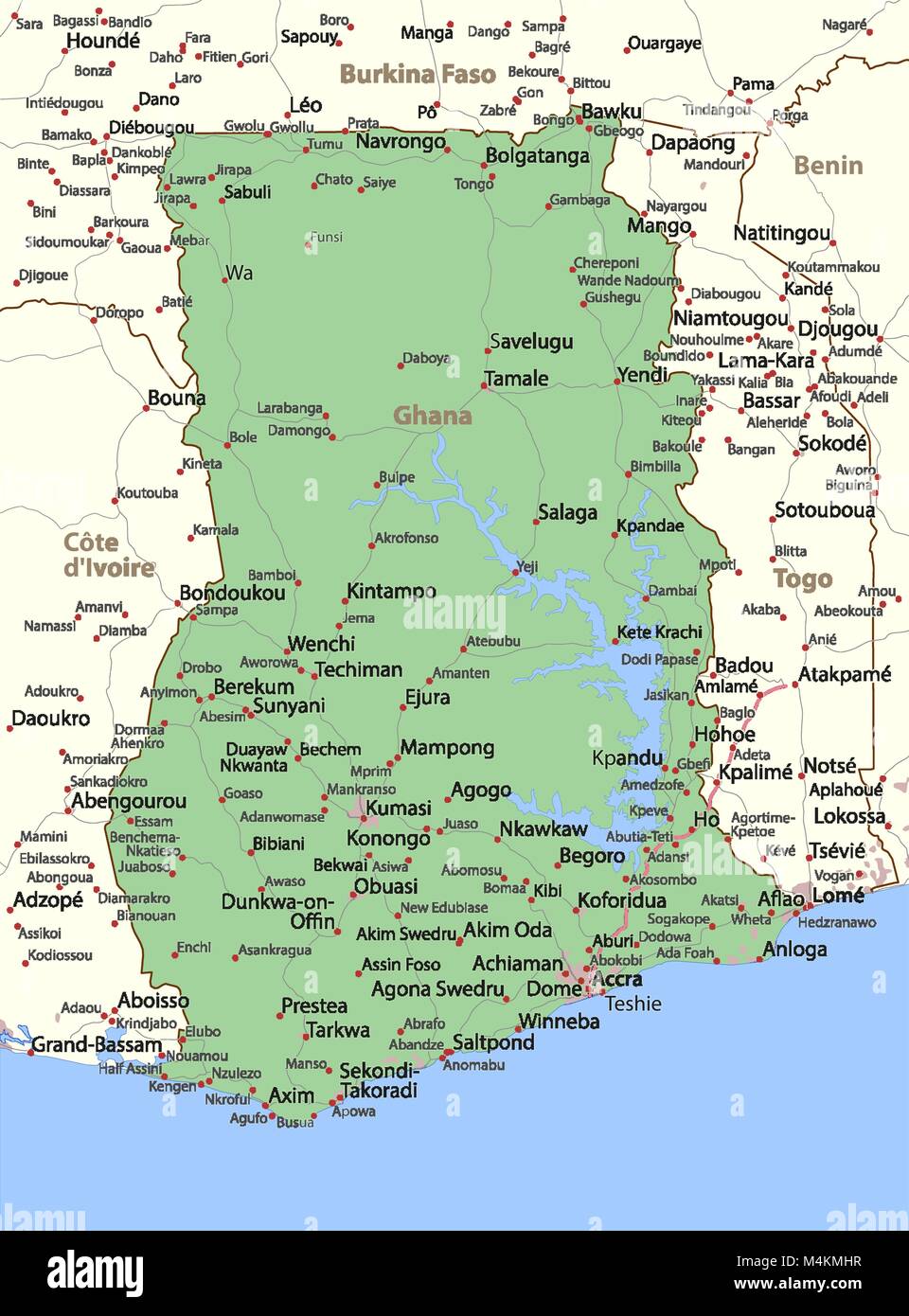

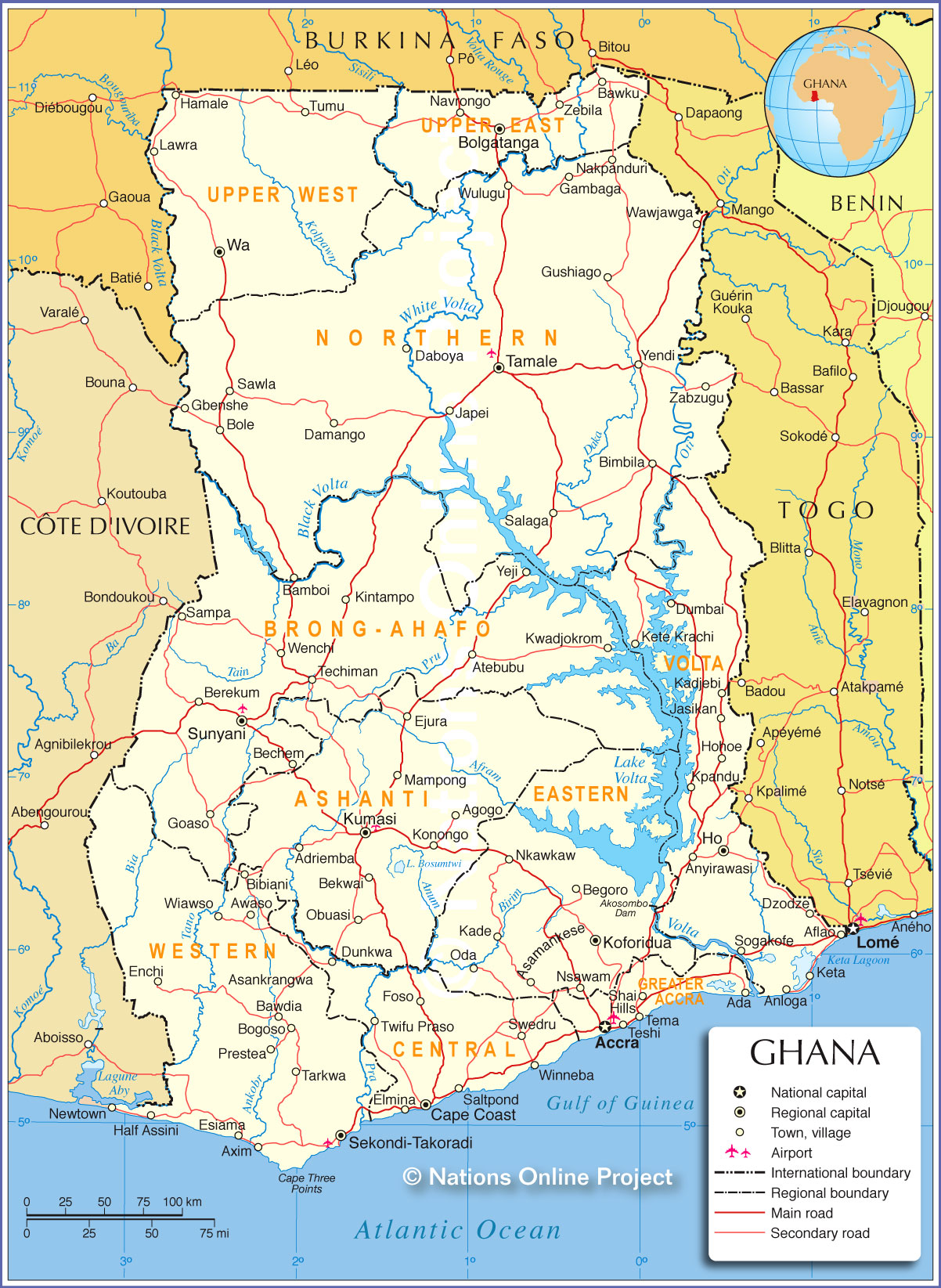

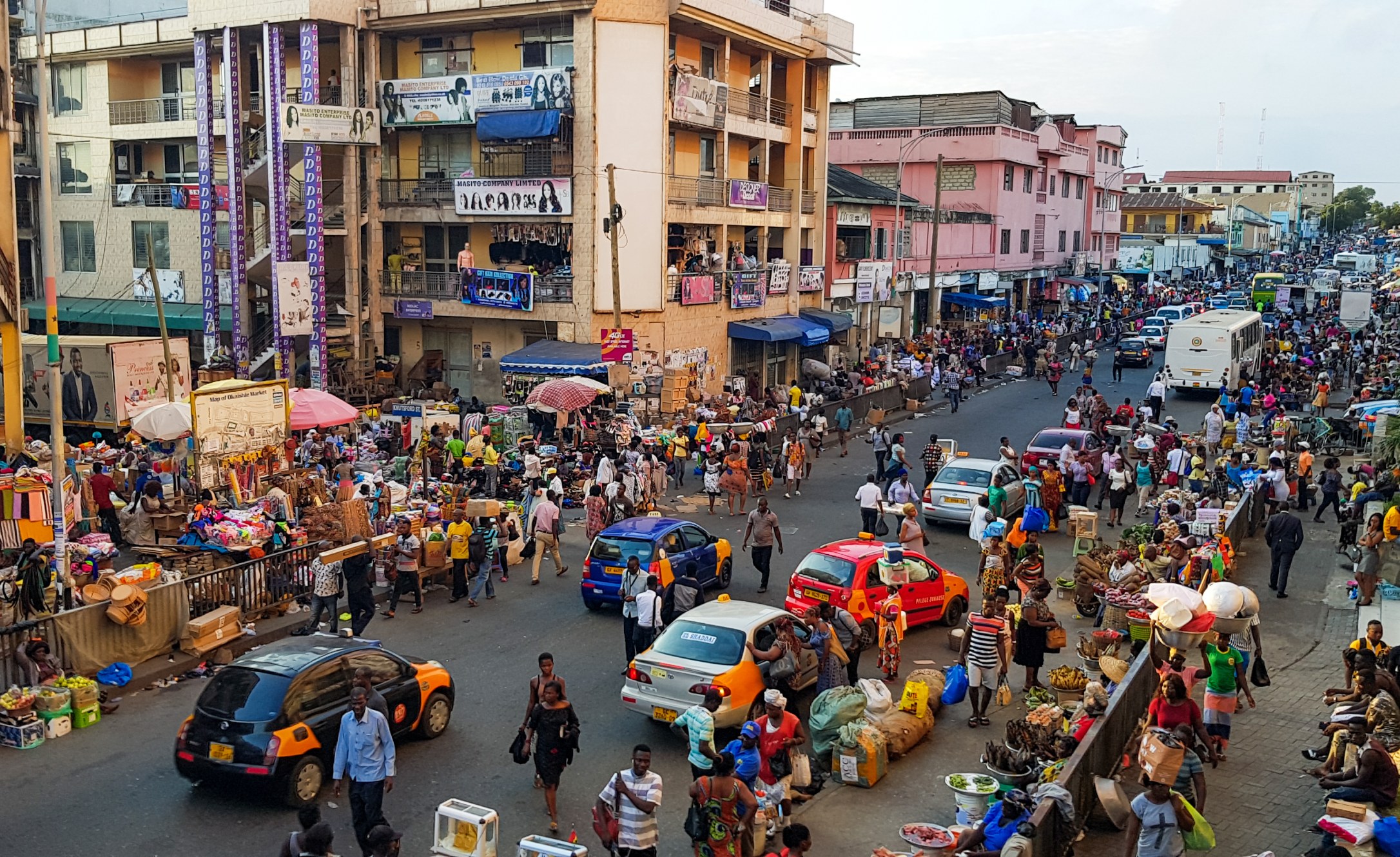
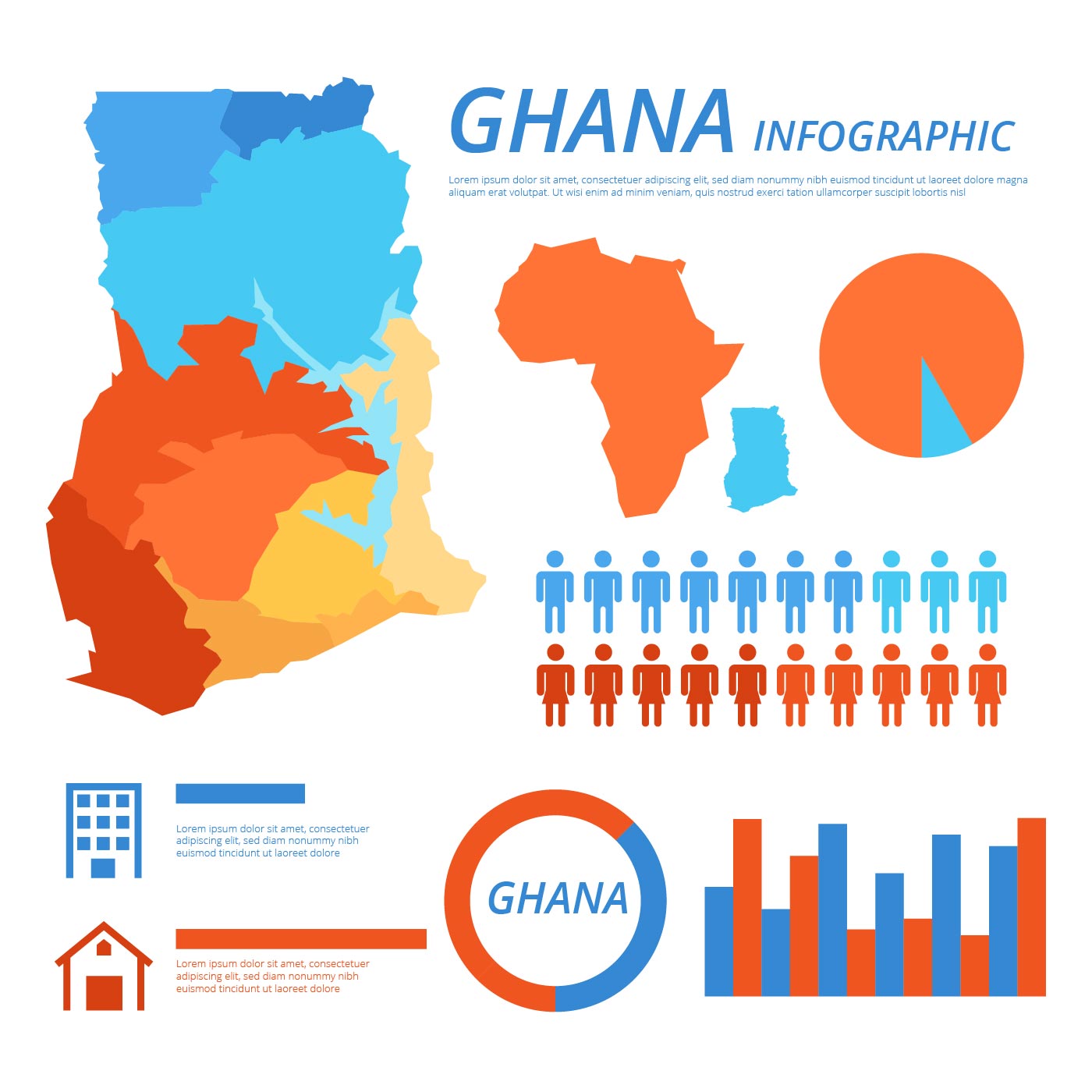

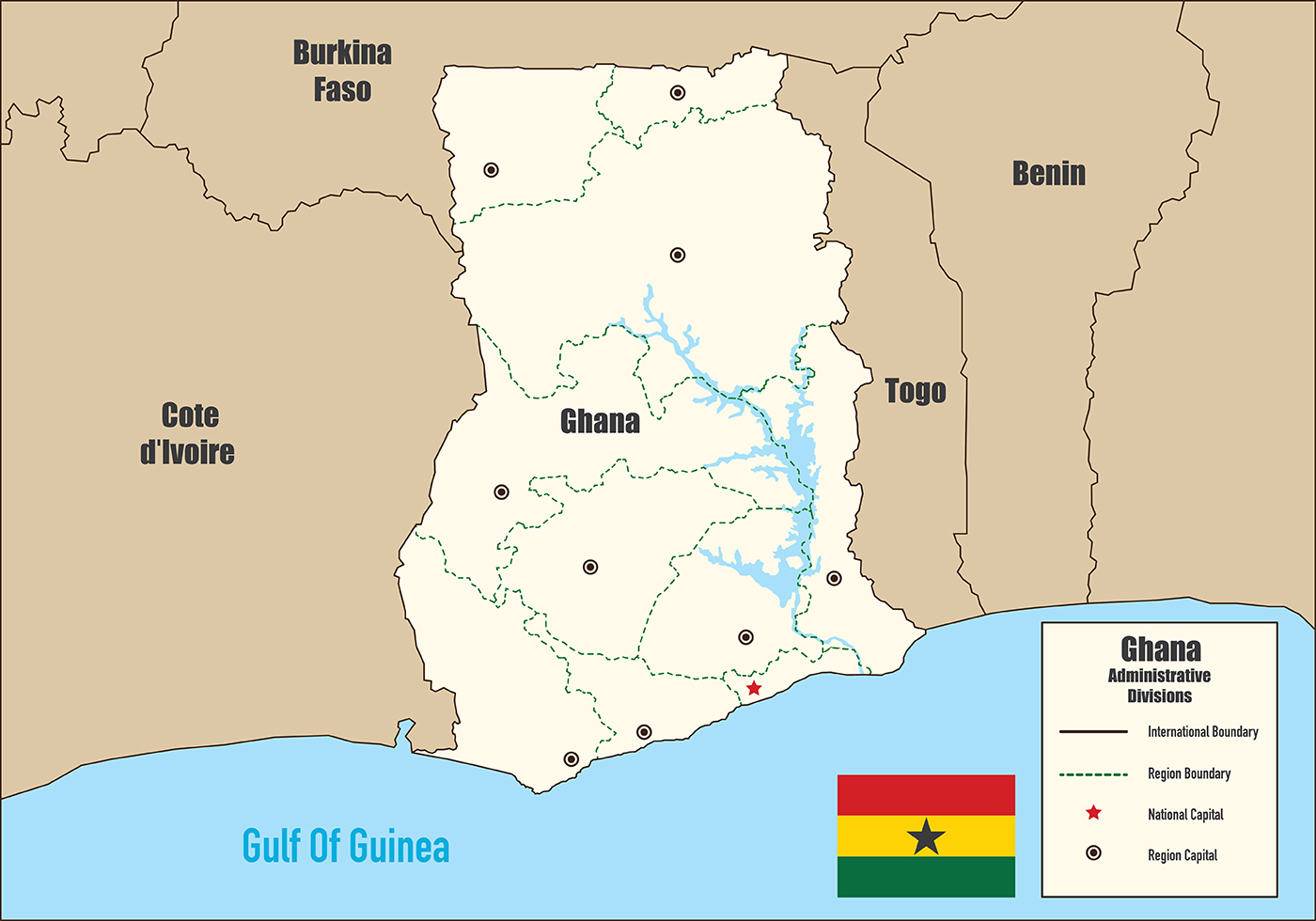
Closure
Thus, we hope this article has provided valuable insights into Navigating Ghana’s Urban Landscape: A Comprehensive Guide to its Cities. We hope you find this article informative and beneficial. See you in our next article!
